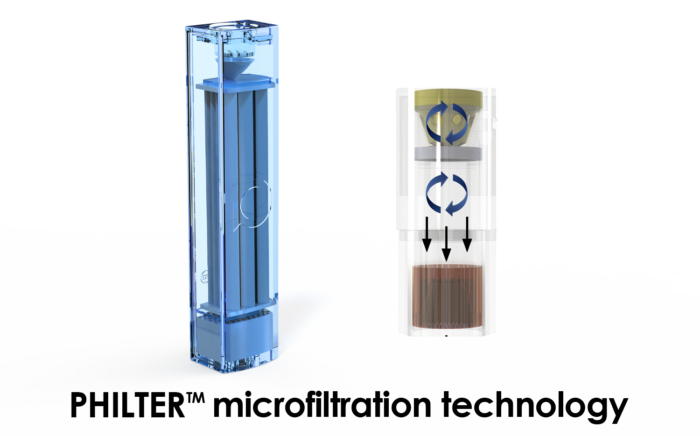USE TECHNOLOGY TO REDUCE SPREAD OF SECONDHAND SMOKE
By: Christos Nicolaidis
Imagine a world where secondhand smoke is no longer a concern. The City of Carlsbad holds the potential to transform this vision into reality but it is missing the opportunity.
Recently, the Carlsbad City Council voted 4-1 to introduce an ordinance prohibiting smoking indoors and outdoors within multi-unit apartment and condo complexes. A draft ordinance is expected to be taken up by the Council for final approval, and if approved, it will take effect January 1, 2025. Rather than pursuing a ban, the City of Carlsbad has the opportunity to lead a public health revolution by addressing secondhand smoke-related harm through technology, moving away from stigmatization and towards culturally sensitive, non-judgmental approaches.
While it is well documented that secondhand smoke, whether from a cigarette, cigar, pipe, or vaporizer, is toxic and harmful to humans, pets, and our environment, I also must agree with Councilmember Melanie Burkholder who called the proposal an “overreach” of government authority. Mayor Keith Blackburn noted the “decision was difficult.”
A forward-looking approach should mirror advancements in electric and hybrid vehicles paving the way towards a cleaner, healthier future. Sure, we could try to eliminate emissions by banning driving, but that idea is ridiculous on its face. So, too, is the claim that we can end the secondhand smoke crisis by prohibiting smoking and vaping in one’s own home. As it is with vehicle emissions, technology is the answer to this problem.
As the CEO of Philter Technologies (PHILTER™), we and other filtration companies are focused on developing innovative clean air technologies. Our solution is centered around the elimination of secondhand smoke and odor from vaping and smoking at the source—before harmful air is released. This technology can protect people and pets in any environment, indoors or outdoors.
By engaging with technology and investing in research and development, governments can effectively eliminate secondhand smoke, acknowledging individuals’ right to make their own lifestyle choices while also protecting the essential human right to breathe clean air. This is the path that the City of Carlsbad should take instead. The city can spark a revolution in public health by targeting the harm, not the behavior.
In a recent consumer survey of over 7,000 respondents who smoke or vape cannabis, PHILTER found that most smokers and vapers experience stigma, yet vaping remains on the rise (even rates of cigarette smoking, which have been declining for decades, are ticking back up). Clearly, stigmatizing the behavior does not stop it. What was also learned from this survey is that most people who vape or smoke wish their secondhand smoke would go away and not expose friends, loved ones or pets.
The City of Carlsbad should consider technological solutions that account for the correlation between restrictions on public usage, the rise in vaping and smoking, and the escalating health and environmental risks associated with secondhand smoke.
A smoking ban in New York City public housing failed to reduce residents’ exposure to secondhand smoke. Advocates of the ban say that effectiveness is a matter of enforcement, but that is precisely the problem: It is exceedingly difficult to police what people do in their own homes without violating their basic rights. The proposed ban by the City of Carlsbad would essentially be unenforceable and likely would not achieve its goal to reduce the harm of secondhand smoke.
One need only look at the New York failure to see what’s in store for Carlsbad if the ban is approved.
Moreover, the proposed ordinance will make life more difficult for some Carlsbad residents—cancer patients, wounded veterans, and others—who smoke and vape cannabis for pain management and mental well-being. Supporters of the measure say it carves out exceptions for those with medical cannabis cards, but many people who use cannabis for this purpose do not have a card; the process to get one is laborious and difficult to navigate. This policy could not be more regressive.
The city and its residents would be much better served by a technology-driven proposal to ban secondhand smoke citywide by a published date, as the state has done with gas-powered vehicles.
With the right focus and partnerships, technological innovators can make secondhand smoke a thing of the past. The City of Carlsbad can ill afford more failed drug policies. Carlsbad City Council members should abandon stigmatizing, ineffective policies and plant the city’s flag firmly on the side of technological progress. They could make history, and they could save lives.
Christos Nicolaidis is co-founder and CEO of Philter Technologies, Inc.



